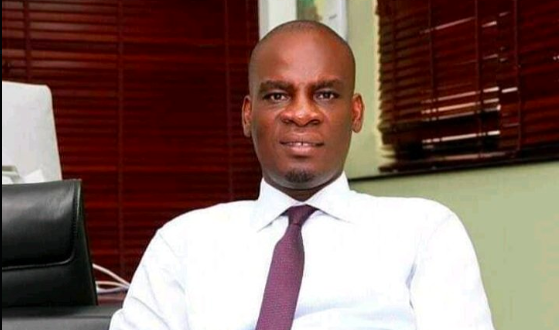The long-awaited Affirmative Action Bill has encountered a major setback in Parliament as Members of the House, led by minority leader Haruna Iddrisu consider the bill.
Former Minority Leader Haruna Iddrisu has raised serious constitutional concerns about several provisions in the bill, suggesting that they may be struck down by the supreme court if passed in its current form.
One of the contentious provisions of the bill seeks to ensure equitable representation of males and females in Parliament, instructing the Electoral Commission to enforce compliance by political parties.
However, Mr Iddrisu argues that this provision is unconstitutional, citing Article 94 of the constitution, which grants political parties the freedom to field candidates of their choosing in parliamentary elections.
“We are all elected by political parties to contest as Members of Parliament… how can the Electoral Commission regulate political parties that there should be parity of women?” Mr Iddrisu questioned.
He emphasized that any changes to the gender composition of Parliament should be done through amending the constitution, rather than through legislation.
Ranking Member on the Gender and Children’s Committee Hellen Adjoa Ntoso, a proponent of the bill, defended the provision, arguing that it is necessary to ensure fair representation for women, who constitute 51.2% of the population. She emphasized the importance of women having equal opportunities in political positions and decision-making processes.
In addition to the gender representation issue, the bill also includes a provision that requires media houses to portray females in a positive light.
Mr Iddrisu also raised concerns about this provision, stating that it infringes on the freedom of media houses and journalists to determine their editorial policies.
Read also: Nana Asante Bediatuo now Ambassador at Large – Home Of Ghana News (ghanaweb.mobi)
“The woman must merit positive reportage if she behaves positively like any other man,” Iddrisu remarked, indicating that positive portrayal should be based on individual merit rather than a legal mandate.
The fate of the Affirmative Action Bill hangs in the balance as Parliament continues to debate its provisions, with constitutional concerns threatening to derail its progress.

 Home Of Ghana News Ghana News, Entertainment And More
Home Of Ghana News Ghana News, Entertainment And More





